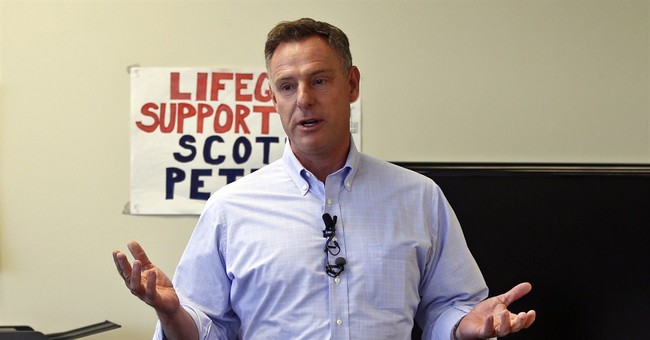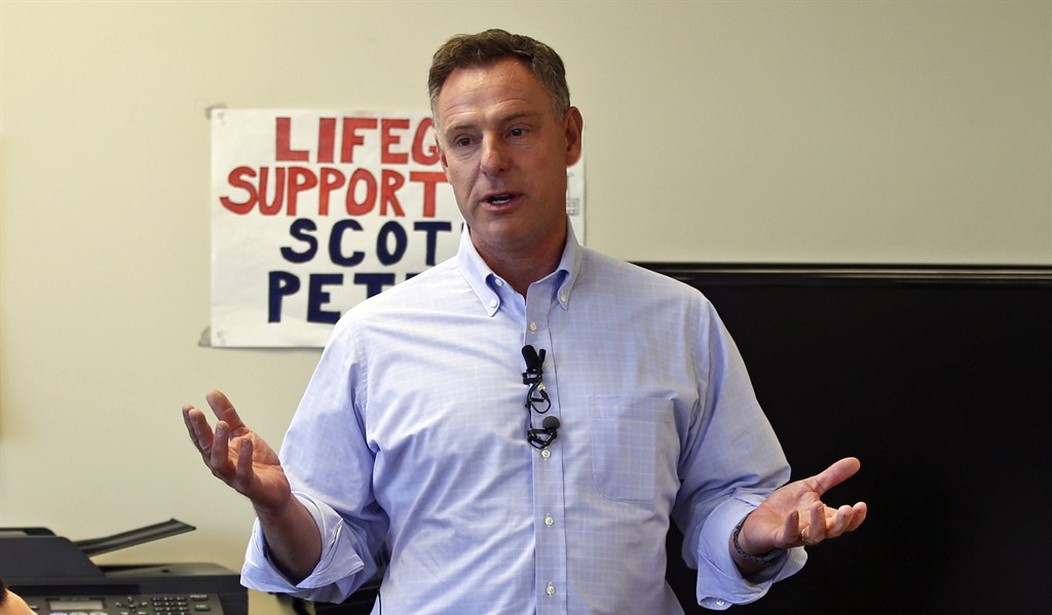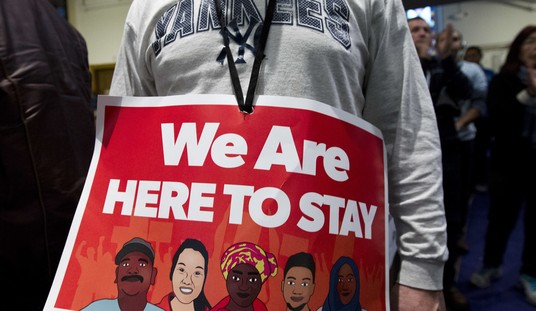
As the COVID-19 crisis plays out in California, something that has gone little discussed or noticed by the mainstream media is that two prominent California Democrats have continued taking steps that could actually make it harder for the state to cope if a second wave of infections hits sending hundreds or thousands to hospitals.
This is ironic, considering that Democrats have tried to position themselves as the defenders of equity in health care in the midst of the pandemic and better stewards of public health than local officials and Republican governors across the country.
First up is Rep. Scott Peters (D-San Diego).
For several years now, Peters has been trying to cut a little-known program called 340B that provides drugs to poorer Americans at a discount and also helps keep safety net hospitals open, all at no cost to the taxpayer.
Back in 2018 Peters co-sponsored HR 4710, a bill pushed by the pharmaceutical industry to cut the program. Coincidentally, in that cycle the pharmaceutical industry was Peters’ biggest donor— by far. Peters took in $221,426 from Big Pharma; his next biggest industry was real estate at about $150,000.
Peters’ opposition to 340B, and his friendliness with Big Pharma has continued (they’ve given him $163,000 this cycle to date), even as the COVID-19 pandemic has continued and a ton of COVID-19 patients who have been hospitalized have been treated at 340B hospitals that might not be functioning if his legislation had been successful.
Earlier this month, as the COVID-19 death toll continued to mount, Peters participated in a Beltway thought leader-type session hosted by Axios on “the impact of COVID-19 on life-saving trials and treatments — like gene therapy — and biomedical innovation during a time of upheaval.” The session was paid for by the Institute for Gene Therapies, a 501(c)(4) organization “that advocates for a modernized regulatory and reimbursement framework that encourages the development of transformative gene therapies and promotes patient access” which has strong ties to Big Pharma and whose Executive Director previously spent 22 years working for a major drug company).
Peters hasn’t shown signs of dropping his hostility to 340B even given the pandemic, and his donations coupled with his coziness with groups like this at high-profile Washington DC events seem like a strong indicator that he won’t. Considering the dire financial consequences being paid by middle and working class Californians because of extended shutdowns, taking action to restrict access to healthcare and prescription medications by these most vulnerable constituents is tone deaf at best.
But there’s another culprit here.
California Attorney General Xavier Becerra filed an anti-trust lawsuit against Sutter Health last year targeting it for its expansive network. Despite the fact that Becerra’s lawsuit would arguably undermine Obamacare – a strange thing for a Democrat to want to do – he seems intent on constraining the hospital through litigation.
But as logical as that might seem to advocates of anti-trust action in normal times, in these times, it seems downright bonkers. Sutter’s size seems to have enabled it to deliver better for patients during COVID-19 in a bunch of ways from avoiding furloughs (unlike other hospitals), to opening a new facility a month early to cope with COVID-19, to rapidly opening drive-through clinics and urgent care centers, to getting its patients into early remdesivir trials when other hospitals couldn’t.
If Becerra had succeeded in breaking Sutter up or forcing it to narrow the network some patients have access to, it’s possible the system wouldn’t have been able to handle COVID-19 as well as it did— and California certainly seems to have done a better job than, say, New York City. That’s why so many Californians are demanding the state re-open; it’s not the mess that Andrew Cuomo’s New York is.
Sutter is a 340B hospital, by the way— not the only one in California, but a big one.
Here we have two ways that two different, prominent Democrats in the Golden State are undermining health care in the middle of the COVID-19 pandemic. One has been drawn into advocating for questionable policy because of cronyism. The other has been drawn into it by an over-allegiance to inflexible pro-big government policies. This pandemic is showing why both might want to rethink their policy platforms, or at least why being too inflexible on policy can have real consequences when the worst happens in life.













Join the conversation as a VIP Member